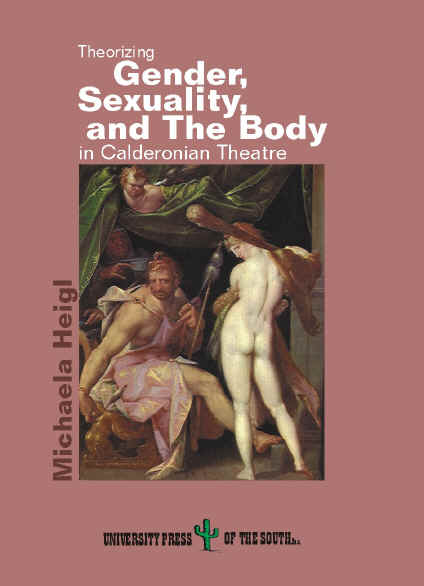This work applies
postmodern theory to selected seventeenth-century play texts of the dramatist Pedro
Calderon de la Barca to effect a systematic reinterpretation and reevaluation of the
playwright’s dramatic output. The focus
of the work lies especially upon the concept of “excess,” which, in a
psychological and political sense, challenges conceptions of gender, sexuality and
subjectivity dominant in Early Modern Spain.
This thesis is concerned with the ways in which Calderon’s deviant figures,
such as transvestites, scolds, sodomites and monsters, embody this concept of
“excess,” destabilize the boundaries between the sexes or the different classes
on which the social order depends. These
dramatic figures, marginalized by the society portrayed in the plays, are, in reality, not
“Other,” because they stand for the perversion and corruption inherent in
society but frequently denied through the psychological process of projection.
Society, in general, projects disorder, chaos and filth onto the invented and
demonized “Other,” and thereby creates a center and a periphery.
Calderonian theatre, however, questions the
absolute validity of boundaries and categories such as “gender,”
“race,” and “class.” It
delegitimizes political and social domination, frequently justified through the argument
that the dominant self is more civilized or rational than the despised “Other.”
The playwright has a strong distrust in the notion
of “civility,” and demonstrates, over and over again, that the hierarchy of
reason over the passions cannot be sustained.
Since
no one can completely master his or her own passions, attempting to exert control at all
costs is futile, and this is true on a political level (imperialism and gender hierarchy)
as well as on a personal and psychological level (self-control).
Calderonian theatre thus analyses fear and desire
in the face of excess, defining and simultaneously questioning cultural norms.
